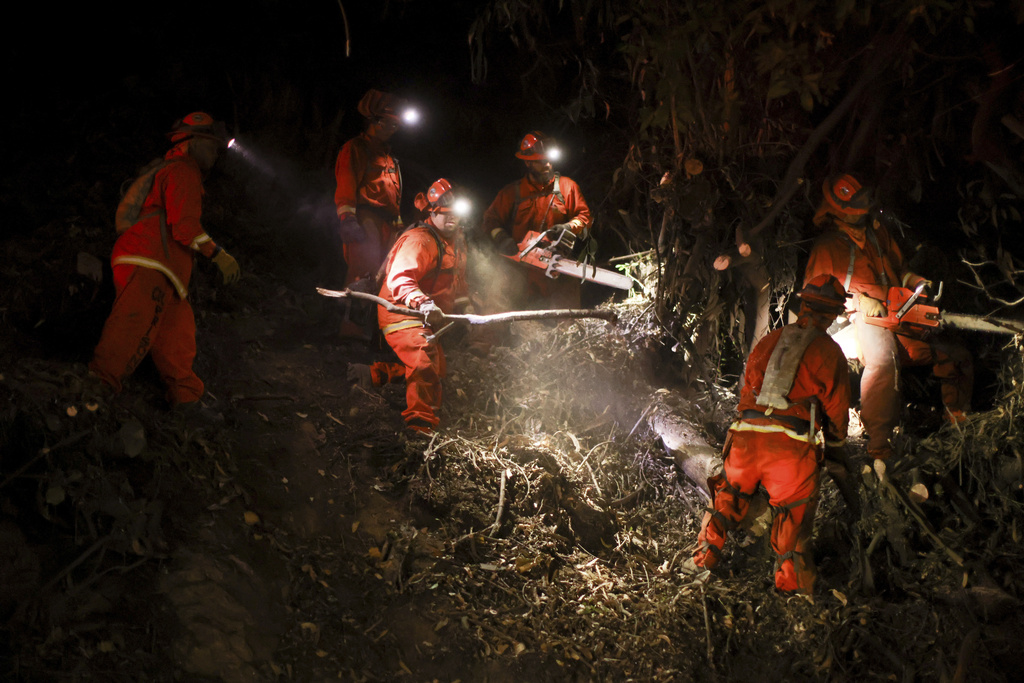Texas is among more than a dozen states with similar laws aimed at blocking young children and teenagers from viewing pornography. The adult-content site Pornhub has stopped operating altogether in several of those states, citing the technical and privacy hurdles in complying with the laws.
Texas says its measure is necessary to protect children from the current near-instantaneous access to porn, including hardcore obscene material, on smartphones. “Texas seeks to protect kids from some of the most prurient sexual content imaginable,” state attorneys wrote in court documents.
The Free Speech Coalition, an adult-entertainment industry trade group, says the Texas law wrongly affects adults by requiring them to submit personal identifying information online, making it vulnerable to hacking or tracking.
This isn't the first time the Supreme Court has confronted the issue. In 1996, the court struck down parts of a law banning explicit material viewable by kids online. In 2004, a divided Supreme Court ruled against a different federal law aimed at stopping kids from being exposed to pornography but said less restrictive measures like content filtering are constitutional.
Texas argues that technology has improved significantly in the last 20 years, allowing online platforms to quickly and easily check users' ages with a quick picture, making it more like ID checks at traditional stores that were upheld by the Supreme Court in the 1960s.







